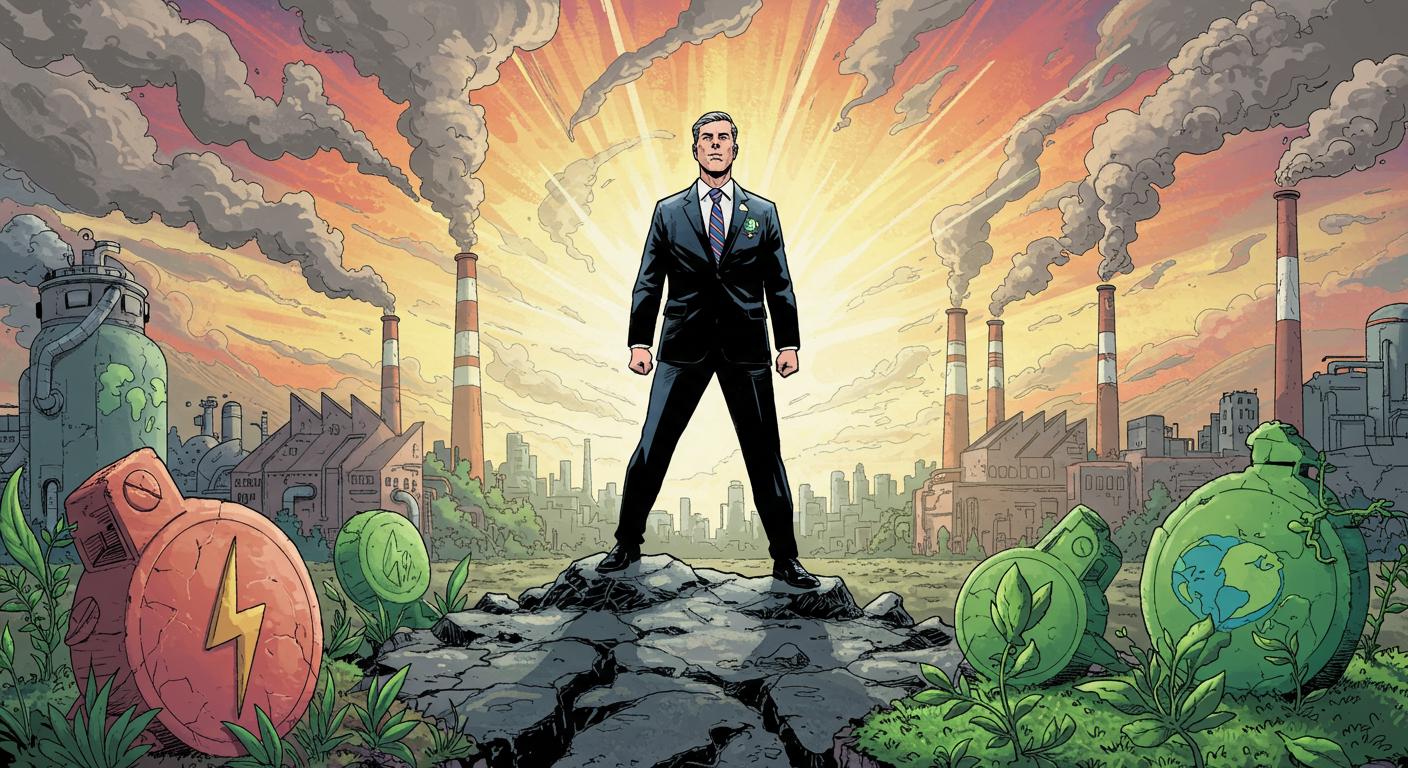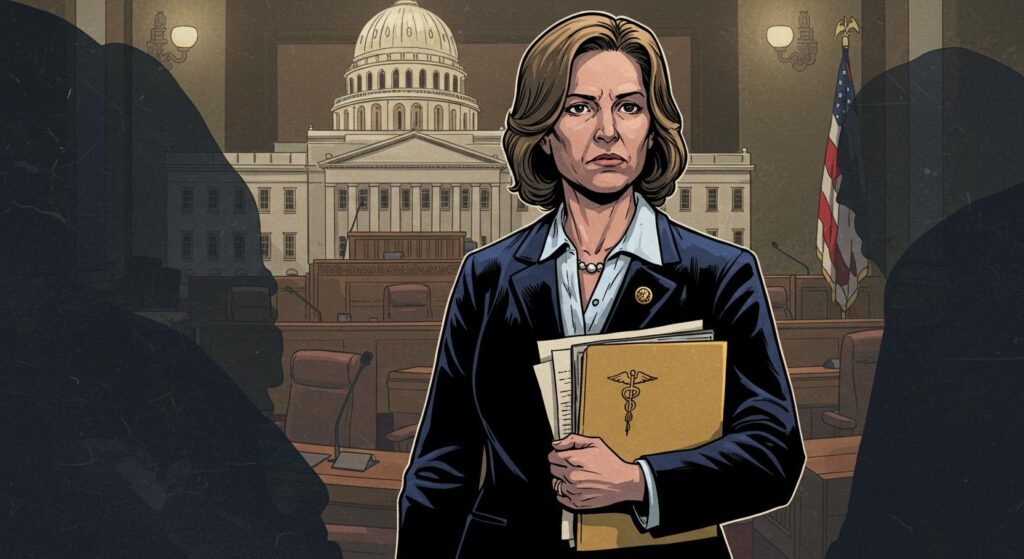Sometimes, progress arrives sporting a disguise—this time in the form of scarcity. As RNZ details, New Zealand’s Climate Change Minister, Simon Watts, says the nation’s emerging gas shortage might just deliver a climate win, albeit unintentionally. The logic, if you can call it that: Less gas to burn means less greenhouse gas to emit. Simple, if not exactly by design.
Accidental Emissions Reductions
According to the RNZ report, New Zealand’s natural gas reserves have shrunk considerably since the government published its Emissions Reduction Plan last December. Responding to questions from the environment committee, Watts called attention to the upside—or at least the preferable side effect—of this commodity crunch: “Less gas… is less emissions, so in some ways there is an acceleration of the emissions reduction because we simply don’t have that gas available,” he observed.
Of course, this cosmic “plan” is cold comfort for businesses that rely on gas and can’t easily switch to electricity. The minister acknowledged the “fiscal cost and/or time horizon” for companies unable to make a smooth transition. For some, it’s not just about flipping a switch from gas to electrons—it’s more like rewiring the entire building and footing the bill. Watts emphasized, as RNZ recounts, that current market forces are essentially shoving businesses off gas: electricity, for now at least, is cheaper. “I’ll take market intervention over government regulation any day,” he quipped. Could this be the world’s most reluctant feel-good story, or just a reminder that sometimes necessity is the ultimate policy driver?
The Questionable Carbon Capture Fix
The government’s original climate plan also leaned heavily on carbon capture and storage (CCS) to meet its targets, particularly at the Kapuni gas field. According to RNZ, a full third of the anticipated carbon savings needed to comply with New Zealand’s international obligations were supposed to come from shoving carbon dioxide underground at Kapuni.
Lately, though, that scheme seems shakier than a soda bottle post-earthquake. Kapuni owner Todd Energy, as cited by the outlet, has made it clear that without outside help—think co-investment from the government, underwriting, or shared liability for future carbon leaks—the project simply isn’t viable at current carbon prices. Todd disputes having asked for a “direct subsidy,” but confirms it wants the government to share the financial risks, labeling such support “essential for CCS to proceed in New Zealand”. In practical terms, it’s not so much “let the polluter pay” as “let’s all pay a little so maybe we pollute less.”
RNZ notes that international CCS efforts have sometimes become controversial, with public funds offsetting just a small fraction of emissions while major fossil fuel companies benefit. So the notion of storing CO2 underground—right as the industry providing all that gas is drying up—elicits an image of planning a grand housewarming after the neighborhood’s already been scheduled for demolition.
International Obligations, Small Nation Puzzles
Zooming back out, Watts was also grilled about the bigger picture: Is it worth straining for emissions reductions when New Zealand is such a small part of the global puzzle? According to his comments captured by RNZ, Watts rebutted the old “we’re too small to matter” argument, pointing out that if you stack all the minor emitters together, they account for around 40 percent of the world’s emissions—no trivial sum.
He also pointed out the potential risks to New Zealand’s agricultural exports if the country gained a reputation for shirking its climate promises. The Paris Agreement looms large for trade reasons as much as for environmental ones. What message, he asked, would it send if New Zealand stepped back while giants like China, India, and even Russia are in (with the conspicuous absence of the US)?
Unplanned Progress or Policy by Default?
So, is this really what progress looks like—a forced march away from fossil fuels because the supply is vanishing, leaving carbon capture plans scrambling for economic justification? As RNZ outlines, the government is now reassessing its assumptions and will unveil updated plans later this year.
One has to wonder: Is climate strategy still a matter of bold action, or is it increasingly just a matter of making peace with the cards you’re dealt? When the well runs dry, is any reduction a good reduction—even if nobody gets to take a victory lap? If nothing else, the irony is unmistakable: New Zealand may end up shining in climate stats, simply by running out of gas.







